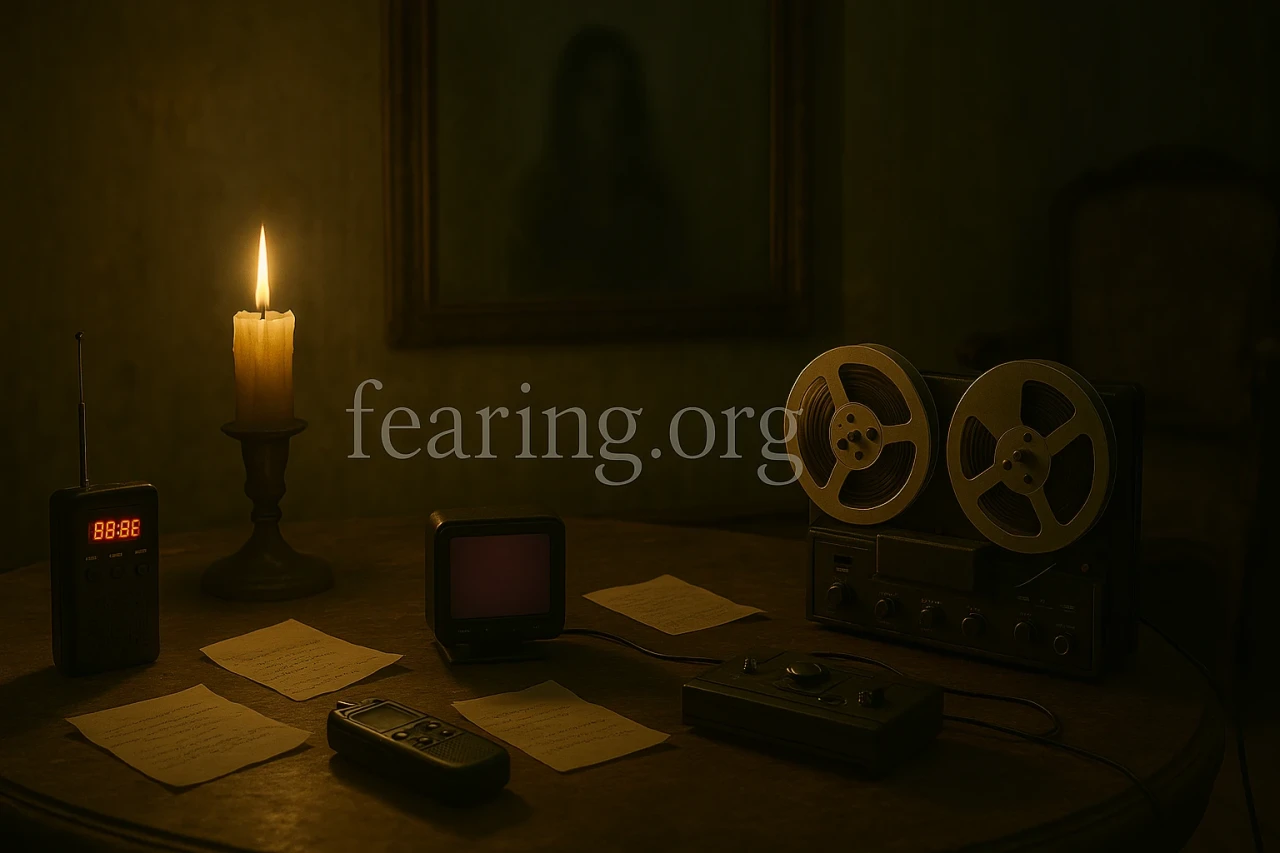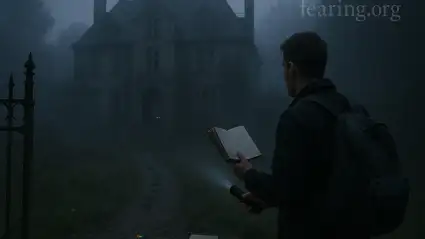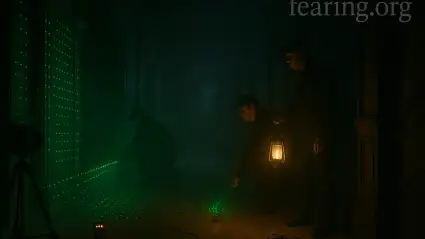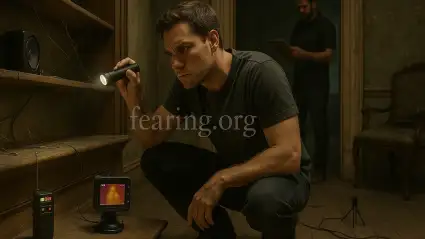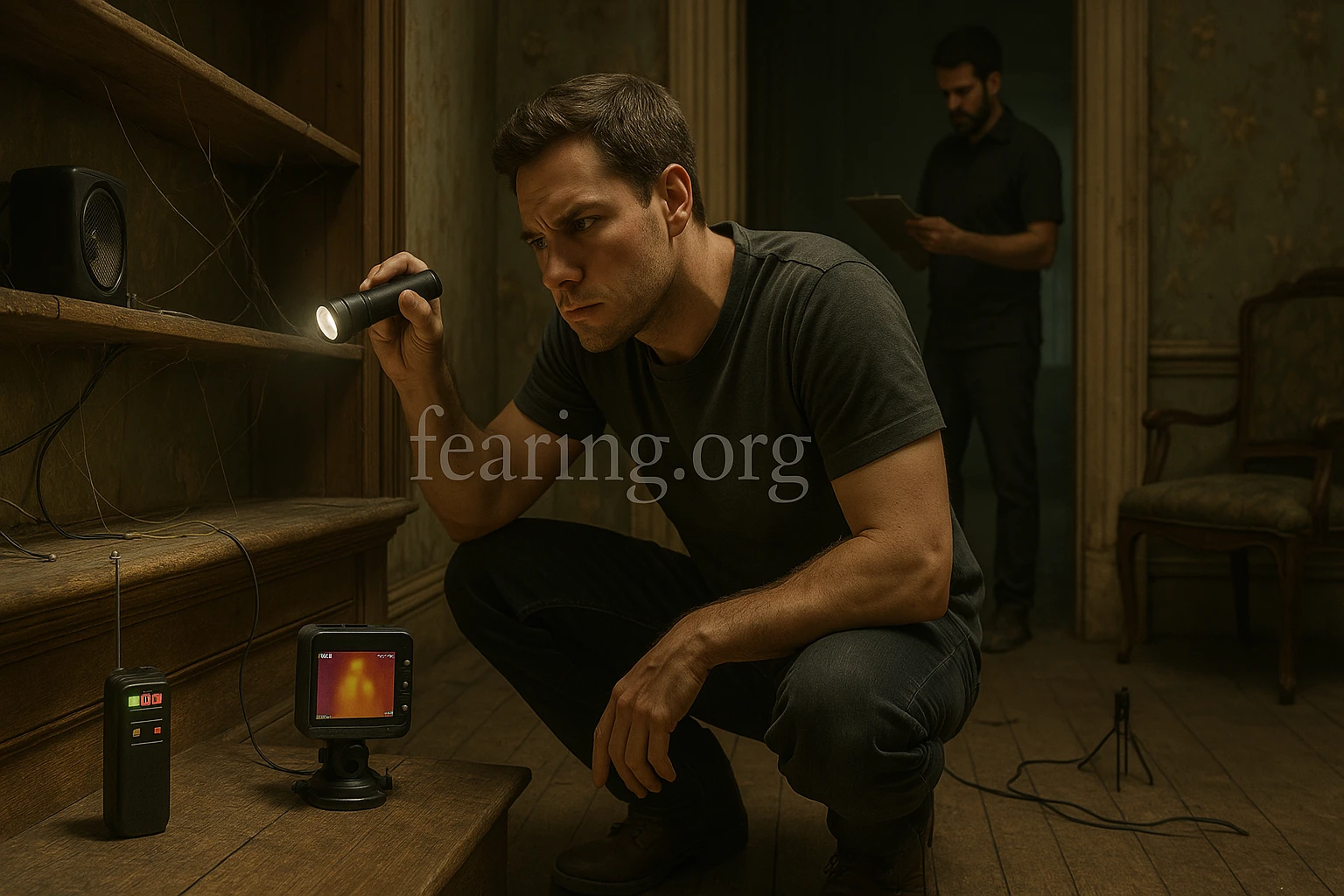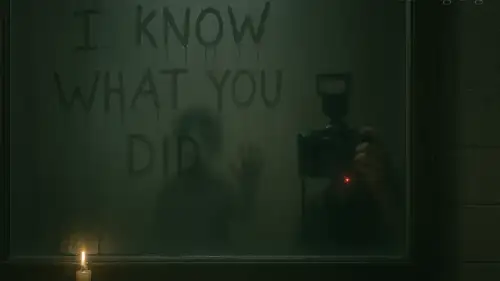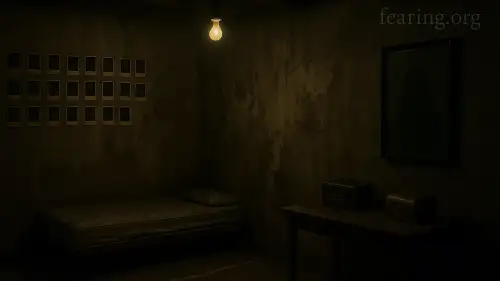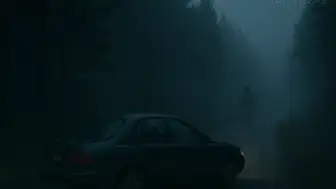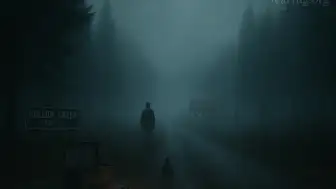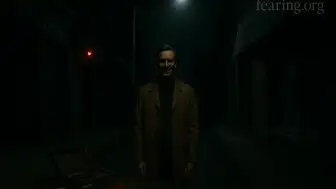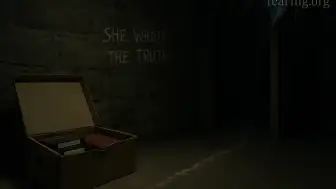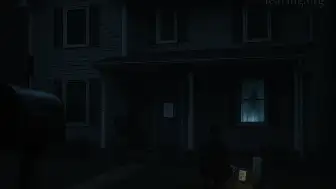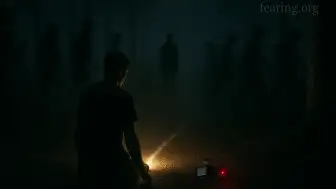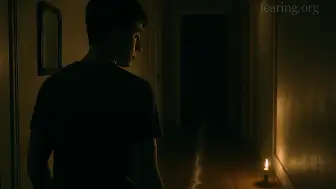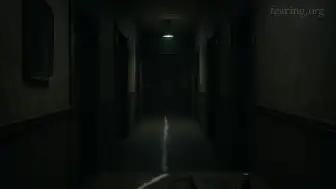In a darkened room, an investigator presses record. The silence stretches. A question is asked—and a crackle answers. These are EVPs: Electronic Voice Phenomena, eerie audio fragments captured during paranormal investigations. But the question remains—are they supernatural evidence or simply scientific misreadings?
"Just because we didn’t hear it, doesn’t mean no one answered."
In this article, we dive into the world of EVP recordings, exploring how they work, what skeptics and believers say, and whether they bridge the gap between science and the spirit world.
🎙️ What Is an EVP?
An EVP is a voice or sound caught on a recording device that wasn’t heard by those present:
Often captured on digital or analog recorders during quiet sessions
Sometimes a single word, sometimes full sentences
Typically classified by clarity:
Class A: clear, loud, understandable without enhancement
Class B: distinct but may require headphones
Class C: faint or garbled, open to interpretation
EVPs are one of the most commonly cited forms of paranormal evidence.
🎧 How Are They Captured?
Investigators use high-sensitivity audio devices
Questions are asked with pauses in between
Sessions may be held in allegedly haunted places or emotionally charged locations
Sometimes, answers come immediately. Other times, they’re discovered during review.
"You don’t hear the voice until it wants to be heard."
🔬 The Scientific Perspective
Skeptics argue EVPs have natural explanations:
Audio pareidolia: the brain imposes patterns and meaning on random noise
Radio interference: unshielded recorders picking up nearby broadcasts
Background contamination: distant conversations, creaks, static, or wind
Tests in controlled environments often fail to reproduce EVPs under lab conditions.
Still, some anomalies persist.
🧪 Controlled Experiments
Parapsychology labs have conducted blind tests with mixed results
Some studies report statistically unusual audio anomalies in haunted locations
However, results remain inconclusive and non-replicable
Scientists ask: is it the device, the environment—or the belief?
🗣️ Real Cases That Baffle Experts
The Enfield Poltergeist (UK): dozens of EVPs recorded in real time, including names and insults
The Bell Witch Cave (USA): whispered answers caught in deep underground chambers
Eastern State Penitentiary: guttural sounds and laughter picked up in solitary cells
Some of these recordings have been analyzed forensically—and still defy explanation.
💬 What Paranormal Investigators Believe
To many in the field, EVPs are more than just audio:
They’re interactions
They sometimes offer names, warnings, or requests
Multiple investigators in different locations have captured similar phrases
Spirit box sessions and live audio monitoring take EVP further—adding complexity and immediacy.
👂 Why We Hear What We Hear
Expectation bias: knowing the question affects what we hear in the answer
Group dynamics: investigators may unintentionally influence each other
Emotional context: grief or trauma can heighten suggestibility
Even trained listeners can disagree on what’s being said.
🎥 Pop Culture Influence
TV shows and movies have popularized EVPs:
Paranormal Activity, The Conjuring, Ghost Adventures, and others feature EVP sessions
These portrayals often dramatize the process and results
While entertaining, they blur the line between fiction and investigation.
🤔 Are EVPs Real?
The answer depends on the definition of "real."
Are they actual voices? Maybe.
Are they always supernatural? Not necessarily.
Are they strange, compelling, and hard to ignore? Absolutely.
"Even if EVPs aren’t voices from the dead—they’re still voices from somewhere."
In the eerie stillness between our world and whatever may lie beyond, EVPs offer a flicker of communication. A whisper through static. A name spoken in a place long abandoned.
Whether it's science, spirit, or something stranger—we press play anyway.
Because deep down, we’re all just waiting to hear someone say... hello. 🎙️👁️🗨️🕯️

